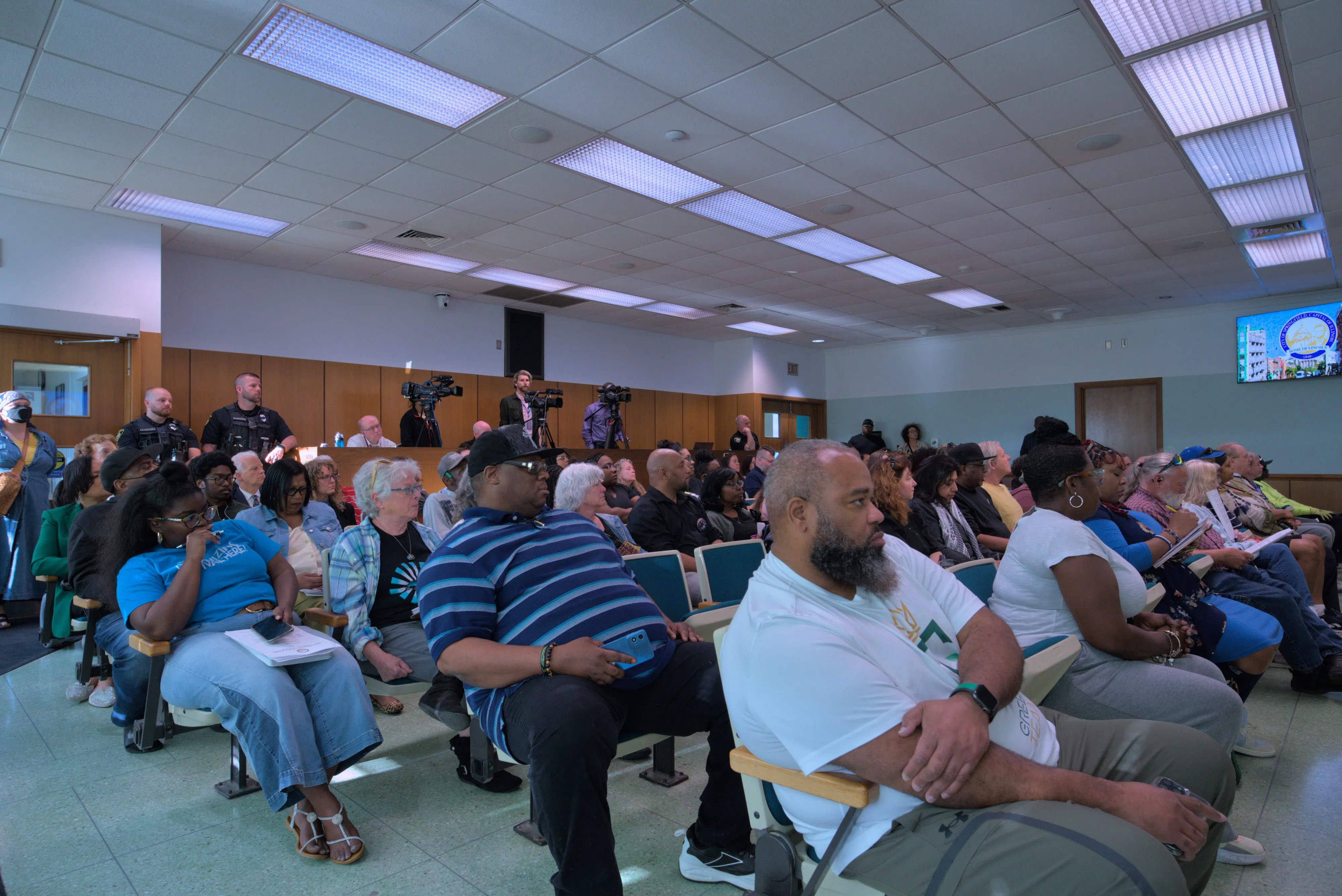The Springfield City Council on Tuesday, May 6 voted to approve a new fee structure for lift assist calls made out by nursing homes to the fire department. The proposal, which was the subject of lengthy discussion the week prior, was amended to address concerns that fees would be inflicted upon residents who required the lift service, as the intent of the fee structure is to tamp down on attempts by private elderly care services to exploit the city’s lift assist service in order to, in the view of some alders, avoid having to pay for trained employees to perform the task.
However, the city’s corporation counsel Greg Moredock expressed doubt that they would have any way to effectively enforce the prohibition on fees to elderly patients, as doing so would require clearly demonstrating expenses made out to patients directly correlated to the lift assist fee being charged to the facility.
Other amendments to the ordinance included a grace period covering the first handful of lift assist requests at each facility every year. The changes did not fully satisfy Alderman Roy Williams, Jr. of Ward 3, who speculated that a residence could easily run through their maximum allotment of free lift assists – two, according to the amendment – then be on the hook for everything after, all because of a pattern of abuse at a select few nursing homes.
The outgoing SFD Fire Chief Canny concurred that room for improvement probably existed. Nevertheless he remaind certain the ordinance was necessary. The fire department, he explained, had spent a total of 3,000 man-hours in 2024 answering lift assist calls, the majority of which came from just 4 facilities. Of those four facilities, one had called the SFD over 100 times in 2024.
One significant clarification which occurred before the ordinance finally passed was that Chief Canny confirmed that the ordinance would mean fees for emergency calls. Lift assists do not constitute medical emergencies; in the event that a lift assist turned out to be due to a medical emergency, the city would issue no charge for rendering aid.
While Alders Williams and Shawn Gregory of Ward 2 voted No to the fee system out of concern that the system could harm vulnerable elderly patients, the ordinance still passed with 8 Yes votes.
Anger at Springfield Sangamon Growth Alliance
A large number of people filled the council chamber with the intent to speak on Tuesday. The reason they were there: an unusual item on the Unfinished Business section of the agenda in which Ward 10 Alderman Ralph Hanauer announced his intent to strike out a previously passed amendment to the city’s contract with the Springfield Sangamon Growth Alliance. That amendment, originally approved on April 15, instructed the Growth Alliance to set aside $50,000 of the $250,000 the city annually contributes in order to create a working group to address the needs of the underserved east and northeast areas of Springfield.
After all other council business was concluded, Hanauer read aloud a letter from the Growth Alliance insisting that the city council nullify the amendment to allow them time to review the request at their own meeting later in the week. A heated exchange ensued in which Ald. Hanauer implied that dismissing the Growth Alliance’s request posed the risk of terminating their relationship with the city.
Regardless of the outcome, it was confirmed that the SSGA would still have to vote to approve the contract renewal as submitted by the city. Hanauer and other alders eventually dropped the subject.
Although the city did not take any action against the contract amendment, a crowded public comment section spent the next two hours of the evening denouncing the possibility that it might later be subject to change.
Dr. Lesa Johnson, Associate Professor of Sociology and Anthropology at the University of Illinois Springfield, railed against the city’s relationship with the SSGA, arguing that allowing the SSGA to be funded without any form of guidance, especially not for the East Side and other disadvantaged portions of the city, reinforced racism at the municipal level by obfuscating funds through a third-party entity.
Other speakers denounced the Growth Alliance as “arrogant” for, as they viewed it, demanding exclusive control over how the city’s money is spent.
Ultimately, the incident reignited anger at the council, resulting in one of the longest sessions since the homeless ban controversy erupted.








Comments